Molecular Approaches to Clinical Microbiology in Africa
2–8 September 2023
Kenya Medical Research Institute (KEMRI)
Discover the revolutionary potential of molecular techniques in clinical microbiology for tackling infectious diseases
Summary
The wind of change is blowing through clinical microbiology, not just in Africa but across the globe. Molecular techniques are revolutionising the routine identification and characterisation of pathogens, opening new opportunities and challenges in all areas of clinical microbiology from clinical diagnostics to fundamental research. This course will examine the impact of molecular approaches in the African context using a combination of lectures and tutorials and laboratory and computer practical sessions. The course will focus on bacterial pathogens of importance in Africa.
The intensive programme will provide clinical microbiologists and laboratory scientists working in Africa with a concise yet comprehensive overview of the latest research and practice in this essential area, with an emphasis on how these techniques can be applied day-to-day in an African setting, especially when resources are limited. There will be extensive opportunity to interact with the course faculty during the course.
The course will concentrate on approaches which are:
- currently applicable in African laboratories.
- likely to be applicable in Africa in the foreseeable future, including whole genome sequencing (WGS) using portable devices.
- of value to participants in interpreting the literature and assessing the likely utility of new technologies as they are developed.
The course is aimed at those primarily trained in culture-based microbiology and combines an understanding of the latest research techniques and theoretical approaches, with practical methods to provide a foundation-level of understanding of the philosophy, methods, and specialist terminology of molecular techniques.
The week-long course will be held at, and in collaboration, with the Kenya Medical Research Institute (KEMRI). The course is free to attend and open to applicants based in institutes in Africa.
Target Audience
Applicants should have demonstrable experience in a relevant field (microbiology, specifically bacteriology) and be, clinical trainees or specialists in medical microbiology; postdoctoral scientists; senior technicians; or research assistants with a Master’s degree. Clinically qualified applicants are especially encouraged to apply.
Programme
Teaching will be based around three themes, chosen to represent three of the most pressing clinical imperatives in clinical bacteriology throughout the continent:
- Mycobacterium tuberculosis
- Enteric bacteria and antimicrobial resistance
- Encapsulated bacteria and vaccination
For each of these themes the following approaches will be covered:
- Fundamental molecular biology techniques including preparing, handling, and storing DNA.
- PCR, including real-time PCR, with an emphasis on methods, applications and data interpretation.
- Determining sequence variation, its visualisation and interpretation, concentrating on conventional approaches.
- Bioinformatic analysis of molecular and genomic data, particularly the exploitation of web-based tools.
- An overview of future technologies, and their potential for application in clinical microbiology.
These techniques will be explored in the lectures and tutorials and employed during the course practical sessions in the cross-cutting themes of pathogen detection and characterisation, including antimicrobial resistance and the evolution of pathogens, and the application of the data in the improvement of interventions to reduce disease burden.
Learning Outcomes
After attending this course, participants will be able to:
- Assess the strengths, weaknesses and limitations of different methodologies and approaches in clinical microbiology.
- Appreciate utility of molecular techniques in clinical laboratory and bacteriological methods and their transferability to other applications.
- Apply a range of genomic methods including real-time PCR and conventional sequencing.
- Create sequence data using next generation single molecule sequencing.
- Analyse genomic data using publicly available software tools to identify causative organisms in an infection and to track an outbreak using WGS.
Instructors and speakers
Training Team
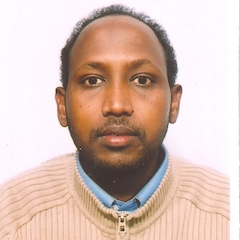
Abdi Mohamed
Kenya Medical Research Institute
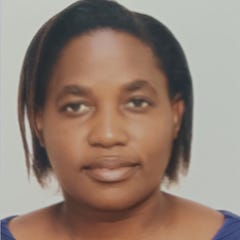
Angeziwa Chunga
Kamuzu University of Health Sciences, Malawi
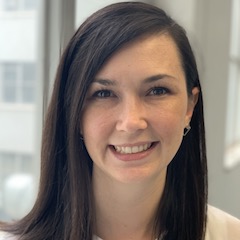
Anzaan Dippenaar
University of Antwerp, Belgium

Brenda Kwambana-Adams
Liverpool School of Tropical Medicine, Malawi
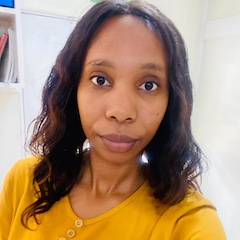
Celestine Wairimu
Kenya Medical Research Institute
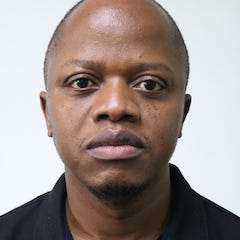
Chisomo Msefula
Kamuzu University of Health Sciences, Malawi
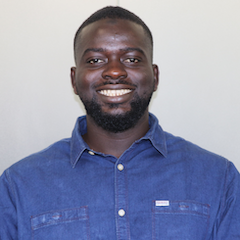
Dam Khan
LSHTM, The Gambia
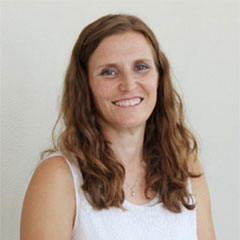
Elizabeth (Lizma) Streicher
Stellenbosch University, South Africa
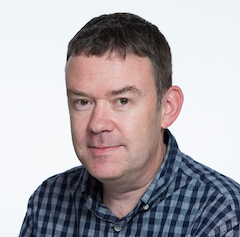
Keith Jolley
University of Oxford

Leonard Ndwiga
KEMRI-Wellcome Trust Research Programme, Kenya
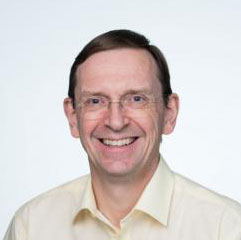
Martin Maiden
University of Oxford, UK
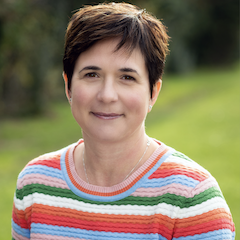
Odile Harrison
University of Oxford
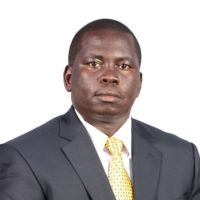
Robert Onsare
Kenya Medical Research Institute
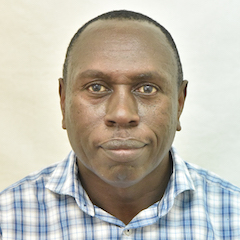
Sam Kariuki
Kenya Medical Research Institute
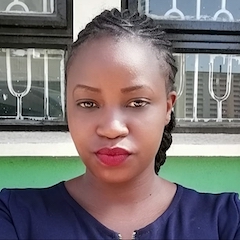
Susan Kavai
Kenya Medical Research Institute

Susan Kiiru
Kenya Medical Research Institute
Organisers
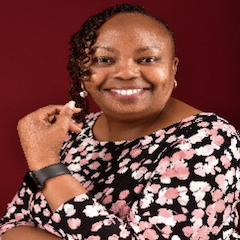
Salome Ngamau
KEMRI, Kenya
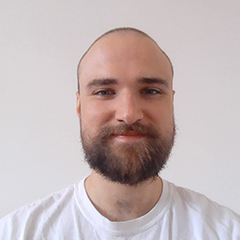
Aaron Dean
Wellcome Connecting Science

Alice Matimba
Wellcome Connecting Science
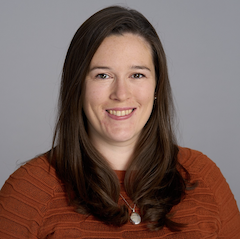
Amy Pass
Wellcome Connecting Science

Cassandra Soo
Wellcome Connecting Science
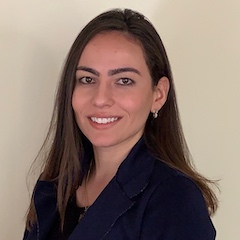
Isabela Malta
Wellcome Connecting Science
How to apply
The course is open to scientists based in Africa. Applicants should have demonstrable experience in a relevant field (microbiology, specifically bacteriology) and be clinical trainees or specialists in medical microbiology; postdoctoral scientists; senior technicians; or research assistants with a Master’s degree. Clinically qualified applicants are especially encouraged to apply. The course will be taught in English.
Laboratory experience: The laboratory practical sessions will require basic microbiological and laboratory skills. Participants are required to have some previous exposure to basic microbiological and laboratory techniques. This will be essential for participants to fully benefit from the course.
Computational experience: Participants should have some basic knowledge of computer usage. No formal bioinformatics training is required.
How to Apply
Please click the Apply button above to begin the online application process. Places are limited and will be awarded on merit. If you have any problems with the online application process, please contact us.
Please note: Applications must be supported by a recommendation from a scientific or clinical sponsor (e.g. supervisor, line manager or head of department). A request for a supporting statement will be sent to your nominated sponsor automatically during the application process. Applicants must ensure that their sponsor provides this supporting statement by the application deadline. Applications without a supporting statement cannot be considered.
Cost
Cost
The course is subsidised by Wellcome Connecting Science and is free to attend.
Bursaries
A limited number of bursaries are available for each course. These are awarded on merit to cover travel, accommodation and sustenance. If you would like to apply for a bursary, please complete the bursary section of the online application form.
Applicants will be notified of a bursary award along with their place on the course, usually within one month of the application deadline. The decision of the selection committee is final.
Please note that both the applicant and sponsor are required to provide a justification for the bursary as part of the application.
Accommodation services phishing scam – please be vigilant. More information.
Sponsors
Testimonials
Feedback from the 2018 course (Nairobi, Kenya)
“This course is the first to expose me to practical molecular diagnostics in a very thorough way.”
” This course offered me a special learning opportunity right from sequencing preparation to analysis.”
“The course was interactive, participatory, educative and all encompassing.”
“The instructors were extremely helpful, answered the questions patiently and helped with techniques in the laboratory, which I can apply for further research work. I am very grateful for the opportunity to participate in the course.”


